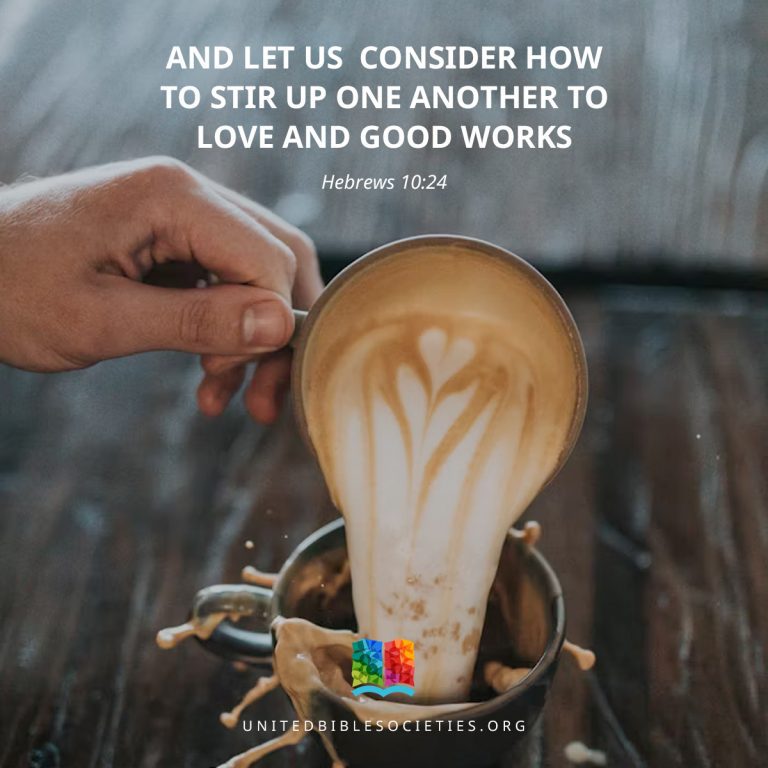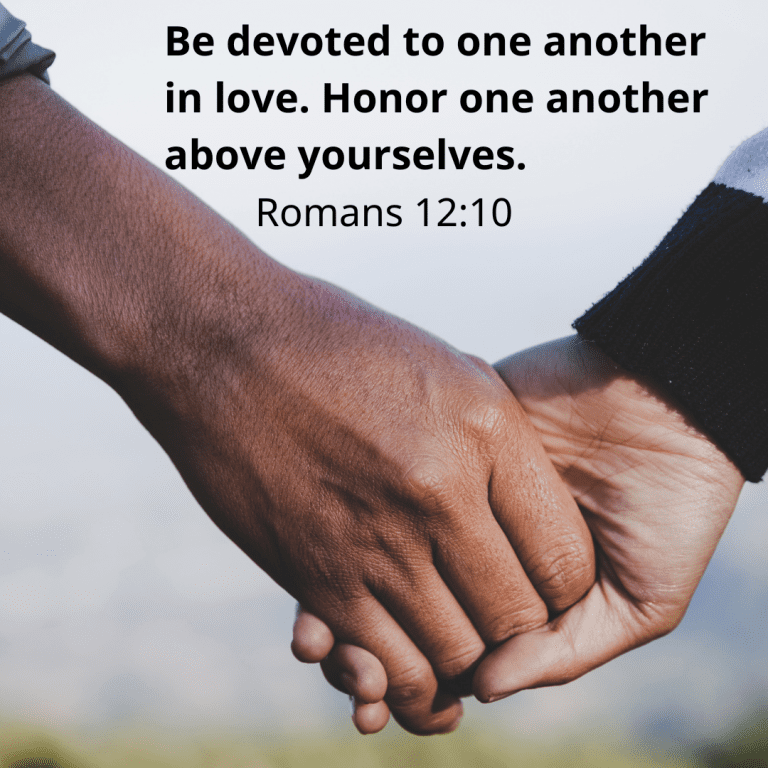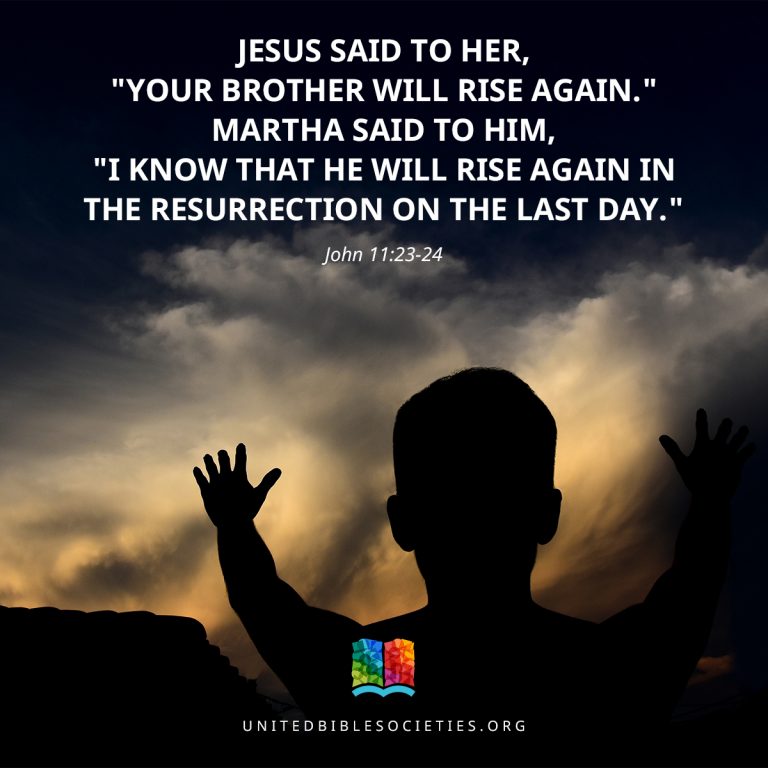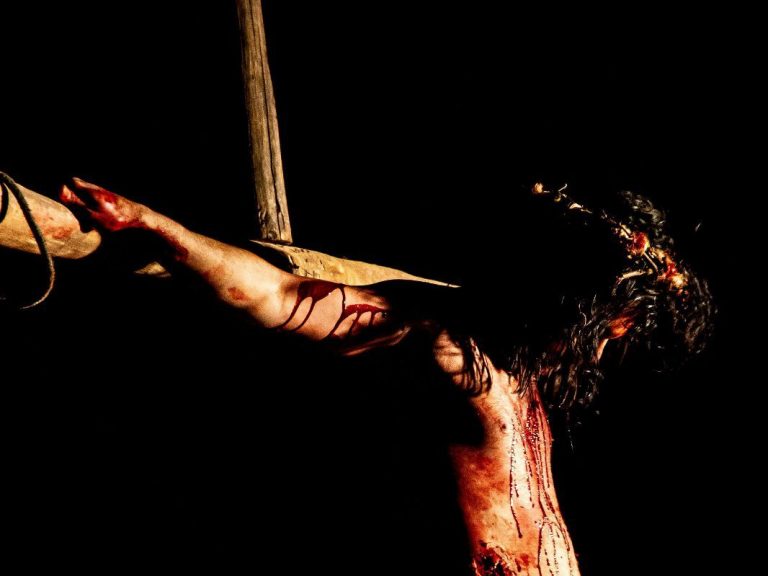M«Ěth«Ěl kw«Ěthi «Ězuum«Ě w«Ěthi @iris.
(Luuga 14:15-24)1 N«Ě Y«Ěcu andaci lizi amthaal-yi n…ĒŇčws«Ěcc«ĚŇčw, 2 ‚ÄúŇäeeleny Ňč«Ěthi leere-na Ňčaa…Ĺinna Ňči…ĹaŇčali Ňč…Ē. M«Ělik kw…Ēnaan…Ē kwette kw…Ēda…Ĺimica t…ĹiŇč«Ěyin «Ězuum«Ě w«Ěthi @iris. 3 N…ĒŇčw …Ē…Ēsi yaŠłŹaama ethi andica liirin«Ě ethiila k«Ězuum«Ě-n«Ě. Laakin n«Ěreere «Ěmmini ethiila mac. 4 N…ĒŇčw …Ē…Ēsi yaŠłŹaama yithaath…Ē kwokwony Ňči…ĹaŇčal-Ňči Ňč«ĚniŇčw, ‚Äė∆ézuum«Ě wiinyi w…Ēm«Ě rattathi; nyithri nyir Ňčw…Ēmaathar nyim«Ěrsi undu kworo, ny…Ēm…Ĺo-nyi-na nyir…Ē…Ēla, kwomne tatap kw…Ēm«Ě rattathi, ilar k«Ězuum«Ě-n«Ě w«Ěthi @iris!‚Äô 5 Laakin liirin kila l…Ērn…ĒŠĻĮ…Ērsi t«Ě n«Ěreere kettice Ňči…ĹaŇčali Ňča y«Ěy mac, n«Ěrt«Ě iilatha-l…Ē kiriny-kiriny Ňčoth…Ĺor-Ňči ŇčeeŇčen; n…ĒŇčweele kwette kwuth«Ěr kwuuŇčwun, n«Ě kw…Ēthaath…Ē n…ĒŇčweele ki-Ňčoth…Ĺor ŇčuuŇčun 6 N«Ě lithaath…Ē t«Ě n«Ěr …Ēmmi yaŠłŹaama, n«Ěrsi ippi n«Ěrsi …Ĺeenye, 7 n«Ě m«Ělik ur«Ězi ŠĻĮ…Ēgwori deddep; mindaŇč n…ĒŇčw …Ē…Ēsi jesha kwuuŇčwun, n«Ěr …Ĺeenye lizi kila ligitta ŠłŹimmi, mindaŇč n«Ěr d…Ēnnasi m«ĚŠłŹiin«Ě kweeŇčen. 8 E-ta n…ĒŇčw …Ērn…ĒŠĻĮi yaŠłŹaama yuuŇčwun n…ĒŇčws«Ěcc«ĚŇčw, ‚Äė∆ézuum«Ě wiinyi w«Ěthi ŠĻĮaaga w…Ēm«Ě rattathi, laakin lizi kila l…Ērn…Ēt…Ērsi liti l…Ēvthanna mac. 9 NŠłŹir-m«Ě-p«Ě kirem ki-raay-la a …Ērn…ĒŠĻĮa lizi litt«Ězir kaka kila l«Ězi aaliza, mindaŇč «Ěri iila k«Ězuum«Ě-n«Ě‚Äô. 10 N«Ě yaŠłŹaam ele n«Ěr faathitha raay naana, n«Ěr …Ērn…ĒŠĻĮa lizi tatap lir-ga lim«Ěrsi aaliza, lisaaw ligii, mindaŇč n«Ě «Ězir w«Ěthi «Ězuum«Ě ur«Ěnni lizi-n«Ě d«Ěddep.
11 ‚ÄúN«Ě m«Ělik «ĚnŠłŹi kiininy ethi raaŇčitha liirin«Ě, mindaŇč n…ĒŇčweese kw…Ēr…Ē kwette kwiti kwiginna yirethi y«Ěthi @iris mac. 12 N«Ě m«Ělik uŠĻĮic«Ěl…Ē n…ĒŇčw…Ēcc«ĚŇčw, ‚Äė∆éw…Ĺi, a kw«ĚnŠłŹi k…Ēn…ĒŇčw aŇčgw…Ēr…Ē kwiira yirethi-na y«Ěthi @iris?‚Äô Laakin n«Ě kw…Ēr naani dec. 13 ŠĻģaŇčw n«Ě m«Ělik «Ěcc«Ě yaŠłŹaamaŇčw…Ē, ‚ÄėK«Ěkk«Ěr rii ŇčwaaraŇči-na, mindaŇč m«Ě kaŠĻĮŠĻĮ…Ē par kirim-n«Ě, Ňčw…Ēgw…Ē aari n«Ě Ňčw…Ē yee yiŇčath-na tok‚Äô.‚ÄĚ 14 N«Ě Y«Ěcu aar…ĒŇčw, ‚ÄúL…Ērn…Ēt…Ērsi luuru, laakin n«Ěrsi allana lokwo dak.‚ÄĚ
ŠĻģ…Ēlba ŠĻĮ«Ěthi inŠłŹ«Ěth«Ě ImbraaŠĻĮ…Ē…Ēr-Ňčw…Ē alla b«Ěri.
(M…Ērgus 12:13-17Luuga 20:20-26)15 N«Ě Lifirriisiiyyiin ele n«Ěr iccithisi Ňčejmethi ethi mith«Ěth«Ě Ňči…ĹaŇčali Ňčeere ki-tuunyu-n«Ě ŠĻĮuuŇčwun mindaŇč «ĚŇčgir-Ňči kette kaŠĻĮŠĻĮi. 16 E-ta n«Ěr usici ŠĻĮalaamiiza teeŇčen tokwo, n«Ě lokwo l«Ěthi d…ĒŇčw l«Ěthi HiiruuŠłŹus-Ňč«Ě n«Ěr«Ěcc«ĚŇčw, ‚ÄúYaa m…Ē@allim nyiiŇč«Ě lilŇčica-Ňča a kw«ĚŠĻĮi andasi Ňči…ĹaŇčali Ňč«Ěthi y«Ěn«Ě. A kw«ĚŠĻĮi «Ěcc«Ě lizi @allima ŠĻĮaay ŠĻĮ«Ěthi Allah ŠĻĮ«Ěthi y«Ěn«Ě. ∆éŠĻĮeere kettice Ňči…ĹaŇčali Ňč«Ěthi lizi y«Ěy mac Ňč«ĚŠĻĮirsi andasi, «ĚŠĻĮeere ŠĻĮ«Ěmsi-l«Ě kweere tok mac. 17 N«Ě andica-nyji-ŠĻĮi fikir kw…Ē…ĒŇča kw«Ěni «Ěy«Ě? Sherii@a kw«Ěri kw«Ěmminic«Ě-nyji ethi-nŠłŹ«Ěth«Ě ImbraaŠĻĮ…Ē…Ēra w«Ěthi R…Ē…Ēma-Ňčw…Ē ŠĻĮ…Ēlba alla b«Ěri?‚ÄĚ 18 N«Ěsi Y«Ěcu liŇčthatha araaya-na weeŇčen bir wigii, mindaŇč n…ĒŇčws«Ěcc«ĚŇčw, ‚ÄúŇäaaŇča lirmba lir lizi lik«Ě…Ĺinyjin«Ěl…Ē! A lotho lith«Ěcc«Ě-nyii ethi iid«Ěsi nyuŇčw…Ē? 19 ∆évic«Ěr-nyii-ŠĻĮi girish«Ě kette k«Ěthi ŠĻĮ…Ēlba!‚ÄĚ N«Ěr«Ěvic«Ě girish«Ě. 20 N…ĒŇčws«Ěcc«ĚŇčw, ‚ÄúSuur«Ě kw«Ěthi «Ěy«Ě kw…Ēr…Ē Ňčgw…Ē, n«Ě yiriny tok?‚ÄĚ 21 N«Ěr«ĚŇčnici n«Ěr«Ěcc«ĚŇčw, ‚ÄúY«Ěthi ImbraaŠĻĮ…Ē…Ēr yir-pa.‚ÄĚ E-ta n«Ěsi Y«Ěcu «Ěcc«ĚŇčw, ‚ÄúImba Ňčisaaw-pa, nŠłŹ«Ěth«Ěr ImbraaŠĻĮ…Ē…Ēra kwomne kw«Ěni kwuuŇčwun, n«Ě «Ět«Ě inŠłŹ«Ěth«Ě Allah kwomne kwuuŇčwun tok.‚ÄĚ 22 M«Ěrsi neŇčne Ňč…Ē, n«Ěr liŇč…Ĺi mindaŇč n«Ěr …Ērlacci Ňčw…ĒŠłŹoŇčw n«Ěreele.
ŠĻģ…ĒŠĻĮal…Ē ŠĻĮ«Ěthi ŠĻĮidii…Ĺ«Ě ki-Ňči…Ĺany-na.
(M…Ērgus 12:18-27Luuga 20:27-40)23 Ki-laamin-la ŠĻĮ«Ě kila lette-lette n«Ě Lisad…Ē…Ēgiiyyiin-Ňč«Ě iila naan…Ē-gw…Ē Y«Ěcu, lind«Ěr-ŠĻĮ«Ě kila l«ĚŠĻĮaar…ĒŇčw ŠĻĮidii…Ĺ«Ě ŠĻĮiti ŠĻĮ«ĚŠĻĮi naani mac ki-Ňči…Ĺany-na. 24 N«Ěr«Ěcc«ĚŇčw, ‚ÄúYaa m…Ē@allim, Muus«Ě kwaar…ĒŇčw, m«Ě kw…Ēr kweere ai, kwiti kw«Ěthi ny…Ē…Ēr…Ē-na nyeere mac, e-ta laazim a eŇčgen m…Ērthathi kwaaw-la kwmuŇčwun, ethi ilŇčanyji eŇčgen kw…Ēm«Ě ai ny…Ē…Ēr…Ē. 25 N«ĚrŠĻĮoroŇčw, niny«Ěthi l…Ē…Ēr…Ē d…Ēvokw…Ē…Ĺony lir ŇčiyaŇčga k…Ēn…ĒŇčw d«ĚŇčg«Ěr-n«Ě. N«Ě Ňčgwa kwir nda aagithi mindaŇč n…ĒŇčw-ai kwiira ny…Ē…Ēr…Ē-na, n…ĒŇčw ŠĻĮayyici eŇčgen kway…Ē-l…Ē ethi-gw…Ē m…Ērthathi-la. 26 N«ĚrŠĻĮ«Ě «Ěrrinici eŇčgen Ňčgwa kw…Ēthaath…Ē tok Ňčw…Ē, n«Ě kw…Ēgaathathi tok, Ňčw…ĒŠĻĮaŇčw n«Ěr-gw…Ē m…Ēm…Ērthathi-la tatap lir d…Ēvokw…Ē…Ĺony. 27 Kwaathan t«Ě n«Ě kwaaw ai tok. 28 N«Ě ki-laamin-la l«Ěthi ŠĻĮidii…Ĺ«Ě, m«Ěr dii…Ĺ«Ě laay…Ē, e-ta Ňčw…Ēmoro kwaaw kw«Ěthi «Ěy«Ě rerrec? Kaka n…Ēm…Ērthathir-gw…Ēla tatap.‚ÄĚ
29 N«Ěsi Y«Ěcu «ĚŇčnici n…ĒŇčws«Ěcc«ĚŇčw, ‚ÄúA lim«Ě akk…Ē pir! Kaka niti nilŇčithiŇč«Ě-gw…Ē ŇčŇčaŇčali Ňčinaan…Ē KiŠĻĮaab-na kirllin«Ěl…Ē ter mac, n«Ě Ňč…Ēma Ňč«Ěthi Allah tok. 30 M«Ěr dii…Ĺ«Ě laay…Ē ki-Ňči…Ĺany-na «Ěri aa…Ĺ«Ěnni limeleka l«Ěthi ki-leere-naŇčw «Ěreere aagathathisi-na mac. 31 N«Ě Ňč«Ěthi ŠĻĮidii…Ĺ«Ě ki-Ňči…Ĺany-na Ňč«Ěthi kila laay…Ē, Ňčiti Ňčim«Ěsi …Ērti Ňčandica-Ňč«Ěsi-Ňči Allah mac-a? Ňäaar…ĒŇčw-ŇčiŇčw, 32 ‚ÄėNyii kw…Ēr…Ē Allah w«Ěthi Ibraahiim, n«Ě Allah w«Ěthi Is-haag, n«Ě Allah w«Ěthi Ya@guub‚Äô. N…ĒŇčworo Allah w«Ěthi kila limiith…Ē, witi wir Allah w«Ěthi laay…Ē mac.‚ÄĚ 33 M«Ě Ňčw…Ēd…ĒŇčw neŇčne Ňči…ĹaŇčali Ňč…Ē, n«Ěr liŇč…Ĺi ŠĻĮa@liim-thi ŠĻĮuuŇčwun.
Waaniir wuth«Ěmthisi-l«Ě tatap.
(M…Ērgus 12:28-34Luuga 10:25-28)
34 M«Ě Lifirriisiiyyiin neŇčne m«Ěrs«Ěcc«ĚŇčw Y«Ěcu kw…Ēm«Ě …Ēvthatha LisaŠłŹ…Ē…Ēgiiyyiin«Ě n…ĒŇčwsi n«Ěni tugwup, n«Ěr raaytha d…ĒŇčw, 35 mindaŇč n«Ě kwette kwir m…Ē@allim kw«Ěthi Sherii@a ŠĻĮ«Ěcci ethi uŠĻĮic«Ěl…Ē mindaŇč ethi iid«Ěsi. 36 N…ĒŇčw uŠĻĮic«Ěl…Ē n…ĒŇčw…Ēcc«ĚŇčw, ‚ÄúYaa m…Ē@allim, waamir wind«Ěr w«Ěndu wuth«Ěmthisi-l«Ě tatap ki Sherii@a-n«Ě?‚ÄĚ 37 N«Ěsi Y«Ěcu «ĚŇčnici n…ĒŇčws«Ěcc«ĚŇčw, ‚Äú∆éŠĻĮam…Ĺi Kweelenyi kw…Ē…ĒŇča kw«Ěni Allah ŠĻĮ…Ēgwor-thi min-min, rog…Ĺo-ri r…Ē…ĒŇčwa min-min, n«Ě Ňča…Ĺiny-Ňči Ňč…Ē…ĒŇča min-min tok. 38 Wind«Ěr-t«Ě w…Ē w…Ēppa wiŇčna wuth«Ěmthi waamira-la tatap. 39 N«Ě wa wir nimr«Ě kwu…Ĺ«Ěn wir m…Ēhim beŠĻĮŠĻĮen tok waar…ĒŇčw, ‚Äė∆étam…Ĺi jaara kw…Ē…ĒŇča kaka n«ĚŠĻĮi-gw…Ē am…Ĺi rog…Ĺo r…Ē…ĒŇčwa‚Äô. 40 N«Ě ki-waamir-la w…Ē wir w…Ē…Ĺ«Ěn w…Ēnd«Ěr-ŠĻĮ«Ě wir ŠĻĮ…Ēgwagiza ŠĻĮ«Ěthi Sherii@a tatap kw«Ěthi Muus«Ě-Ňč«Ě ŠĻĮa@liim-thi ŠĻĮ«Ěthi li…Ĺii.‚ÄĚ
T…ĒŠĻĮal…Ē ŠĻĮ«Ěni Kw…Ēr…Ēst…Ē.
(M…Ērgus 12:35-37Luuga 20:41-44)41 M«Ě Lifirriisiiyyiin aa…Ĺathi d…ĒŇčw, n«Ěsi Y«Ěcu uŠĻĮic«Ěl…Ē n…ĒŇčws«Ěcc«ĚŇčw, 42 ‚ÄúFikir kwaal…Ē kw«Ěni Kw…Ēr…Ēst…Ē kw«Ěni «Ěy«Ě? Kwir t…Ēr ŠĻĮ«Ěthi «Ěy«Ě?‚ÄĚ N«Ěr«Ěcc«ĚŇčw, ‚ÄúKwir t…Ēr ŠĻĮ«Ěthi ŠłéaawŠłŹ-Ňč«Ě.‚ÄĚ 43 N«Ěsi Y«Ěcu uŠĻĮic«Ěl…Ē n…ĒŇčws«Ěcc«ĚŇčw, ‚ÄúN«Ě ŠĻģig…Ĺim ŠĻĮotho ŠĻĮandica ŠłéaawŠłŹ-Ňčw…Ē, eth«Ěcc«ĚŇčw, Kweeleny? MindaŇč n«Ě ŠłéaawŠłŹ aar…ĒŇčw,
44 ‚ÄėKweeleny kw«Ěcc«Ě Kweelenyi kwiinyi-Ňčw,
naanisany-l…Ē ki-thii ŠĻĮ«Ěthi m…Ēni, mindaŇč m«ĚŇč«Ě annaci
ŠĻĮuw«Ěn«Ě-l…Ē ŠĻĮ…Ē…ĒŇčwa ki-Ňčwaara-na Ňčw…Ē…ĒŇča‚Äô.
45 E-ta m«Ě ŠłéaawŠłŹ ruusi ŇčunduŇčw Kweeleny t«Ě, «Ěm«Ě Kw…Ēr…Ēst…Ē oro t…Ēr ŠĻĮuuŇčwun aŇčgw…Ēr…Ē?‚ÄĚ 46 N…ĒŇčweere kweere mac kw«Ěthi Ňč…Ēma ethi «ĚŇčnici Y«Ěcu-Ňčw Ňči…ĹaŇčal-Ňči Ňčeere. N«Ě ki-laamin-la ŠĻĮ«Ě kila n…ĒŇčweere bonye kweere kwokwony mac ethi uŠĻĮici ŇčunduŇčw-l…Ē.
The Parable of the Wedding Feast
(Luke 14.15-24)1 Jesus again used parables in talking to the people. 2 ‚ÄúThe Kingdom of heaven is like this. Once there was a king who prepared a wedding feast for his son. 3 He sent his servants to tell the invited guests to come to the feast, but they did not want to come. 4 So he sent other servants with this message for the guests: ‚ÄėMy feast is ready now; my steers and prize calves have been butchered, and everything is ready. Come to the wedding feast!‚Äô 5 But the invited guests paid no attention and went about their business: one went to his farm, another to his store, 6 while others grabbed the servants, beat them, and killed them. 7 The king was very angry; so he sent his soldiers, who killed those murderers and burned down their city. 8 Then he called his servants and said to them, ‚ÄėMy wedding feast is ready, but the people I invited did not deserve it. 9 Now go to the main streets and invite to the feast as many people as you find.‚Äô 10 So the servants went out into the streets and gathered all the people they could find, good and bad alike; and the wedding hall was filled with people.
11 ‚ÄúThe king went in to look at the guests and saw a man who was not wearing wedding clothes. 12 ‚ÄėFriend, how did you get in here without wedding clothes?‚Äô the king asked him. But the man said nothing. 13 Then the king told the servants, ‚ÄėTie him up hand and foot, and throw him outside in the dark. There he will cry and gnash his teeth.‚Äô‚ÄĚ
14 And Jesus concluded, ‚ÄúMany are invited, but few are chosen.‚ÄĚ
The Question about Paying Taxes
(Mark 12.13-17Luke 20.20-26)15 The Pharisees went off and made a plan to trap Jesus with questions. 16 Then they sent to him some of their disciples and some members of Herod's party. ‚ÄúTeacher,‚ÄĚ they said, ‚Äúwe know that you tell the truth. You teach the truth about God's will for people, without worrying about what others think, because you pay no attention to anyone's status. 17 Tell us, then, what do you think? Is it against our Law to pay taxes to the Roman Emperor, or not?‚ÄĚ
18 Jesus, however, was aware of their evil plan, and so he said, ‚ÄúYou hypocrites! Why are you trying to trap me? 19 Show me the coin for paying the tax!‚ÄĚ
They brought him the coin, 20 and he asked them, ‚ÄúWhose face and name are these?‚ÄĚ
21 ‚ÄúThe Emperor's,‚ÄĚ they answered.
So Jesus said to them, ‚ÄúWell, then, pay to the Emperor what belongs to the Emperor, and pay to God what belongs to God.‚ÄĚ
22 When they heard this, they were amazed; and they left him and went away.
The Question about Rising from Death
(Mark 12.18-27Luke 20.27-40)23 That same day some Sadducees came to Jesus and claimed that people will not rise from death. 24 ‚ÄúTeacher,‚ÄĚ they said, ‚ÄúMoses said that if a man who has no children dies, his brother must marry the widow so that they can have children who will be considered the dead man's children. 25 Now, there were seven brothers who used to live here. The oldest got married and died without having children, so he left his widow to his brother. 26 The same thing happened to the second brother, to the third, and finally to all seven. 27 Last of all, the woman died. 28 Now, on the day when the dead rise to life, whose wife will she be? All of them had married her.‚ÄĚ
29 Jesus answered them, ‚ÄúHow wrong you are! It is because you don't know the Scriptures or God's power. 30 For when the dead rise to life, they will be like the angels in heaven and will not marry. 31 Now, as for the dead rising to life: haven't you ever read what God has told you? He said, 32 ‚ÄėI am the God of Abraham, the God of Isaac, and the God of Jacob.‚Äô He is the God of the living, not of the dead.‚ÄĚ
33 When the crowds heard this, they were amazed at his teaching.
The Great Commandment
(Mark 12.28-34Luke 10.25-28)34 When the Pharisees heard that Jesus had silenced the Sadducees, they came together, 35 and one of them, a teacher of the Law, tried to trap him with a question. 36 ‚ÄúTeacher,‚ÄĚ he asked, ‚Äúwhich is the greatest commandment in the Law?‚ÄĚ
37 Jesus answered, ‚Äú‚ÄėLove the Lord your God with all your heart, with all your soul, and with all your mind.‚Äô 38 This is the greatest and the most important commandment. 39 The second most important commandment is like it: ‚ÄėLove your neighbor as you love yourself.‚Äô 40 The whole Law of Moses and the teachings of the prophets depend on these two commandments.‚ÄĚ
The Question about the Messiah
(Mark 12.35-37Luke 20.41-44)41 When some Pharisees gathered together, Jesus asked them, 42 ‚ÄúWhat do you think about the Messiah? Whose descendant is he?‚ÄĚ
‚ÄúHe is David's descendant,‚ÄĚ they answered.
43 ‚ÄúWhy, then,‚ÄĚ Jesus asked, ‚Äúdid the Spirit inspire David to call him ‚ÄėLord‚Äô? David said,
44 ‚ÄėThe Lord said to my Lord:
Sit here at my right side
until I put your enemies under your feet.’
45 If, then, David called him ‚ÄėLord,‚Äô how can the Messiah be David's descendant?‚ÄĚ
46 No one was able to give Jesus any answer, and from that day on no one dared to ask him any more questions.



